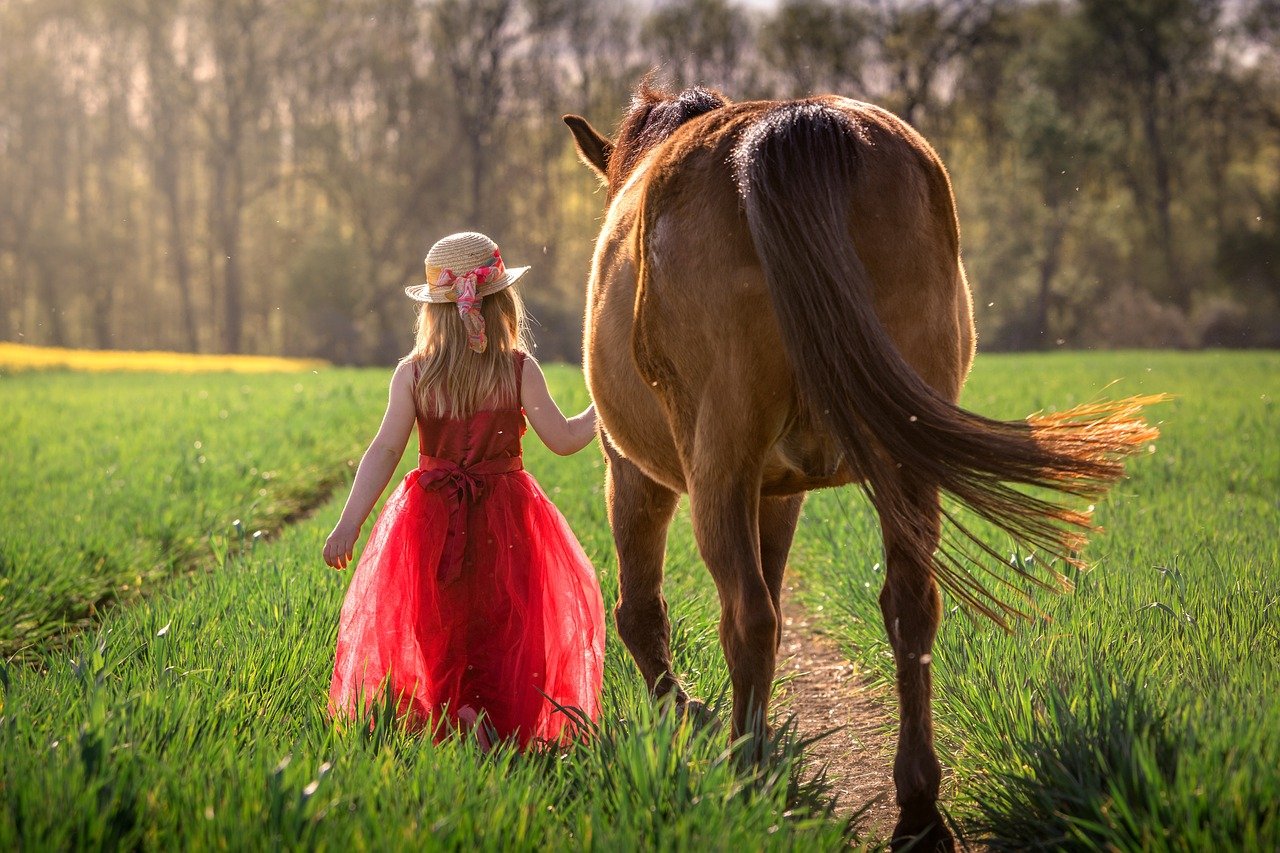Have you ever wondered if your horse can sense your confidence? It’s a fascinating notion, isn’t it? Horses, those magnificent creatures with their flowing manes and gentle eyes, are more perceptive than we might think. When you approach a horse, it’s not just your voice or touch they respond to. They seem to have this uncanny ability to pick up on your inner feelings and emotions, especially your confidence level. How do they do it? Is it magic, or is there a scientific explanation behind it? Let’s delve into the mysterious world of equine intuition and discover how horses sense your confidence.
The Language of the Horse
Horses communicate primarily through body language. Unlike humans, who rely heavily on verbal communication, horses use subtle physical cues to convey their feelings and intentions. This makes them incredibly adept at reading the body language of those around them, including humans. When you’re around a horse, your posture, movements, and even your breathing can send signals about your confidence level. For example, standing tall and moving with purpose can indicate confidence, while slouched shoulders or hesitant movements might suggest uncertainty.
Moreover, horses are prey animals, meaning they have evolved to be highly sensitive to their surroundings. This heightened sensitivity is part of what makes them so attuned to human emotions. They can pick up on the slightest changes in your demeanor, making it essential to be mindful of how you present yourself around them. Just like a mirror, the horse reflects what it perceives from you, adjusting its behavior accordingly.
Emotional Mirrors: Reflecting Your Feelings
Have you ever noticed how a horse’s demeanor can change based on who is handling it? Horses are often described as emotional mirrors because they tend to reflect the emotions of their handlers. If you’re anxious or stressed, a horse might become jittery or uncooperative. On the other hand, if you approach with calm confidence, the horse is more likely to be relaxed and responsive.
This mirroring effect is not just anecdotal; it has been observed and studied by equine behaviorists. Horses seem to have an innate ability to detect emotional states through subtle cues, such as changes in your tone of voice or facial expressions. Their response to these cues can be immediate, highlighting their acute sensitivity to human emotions. This connection underscores the importance of emotional awareness when interacting with horses, as they are highly responsive to the emotional energy we project.
The Power of Presence
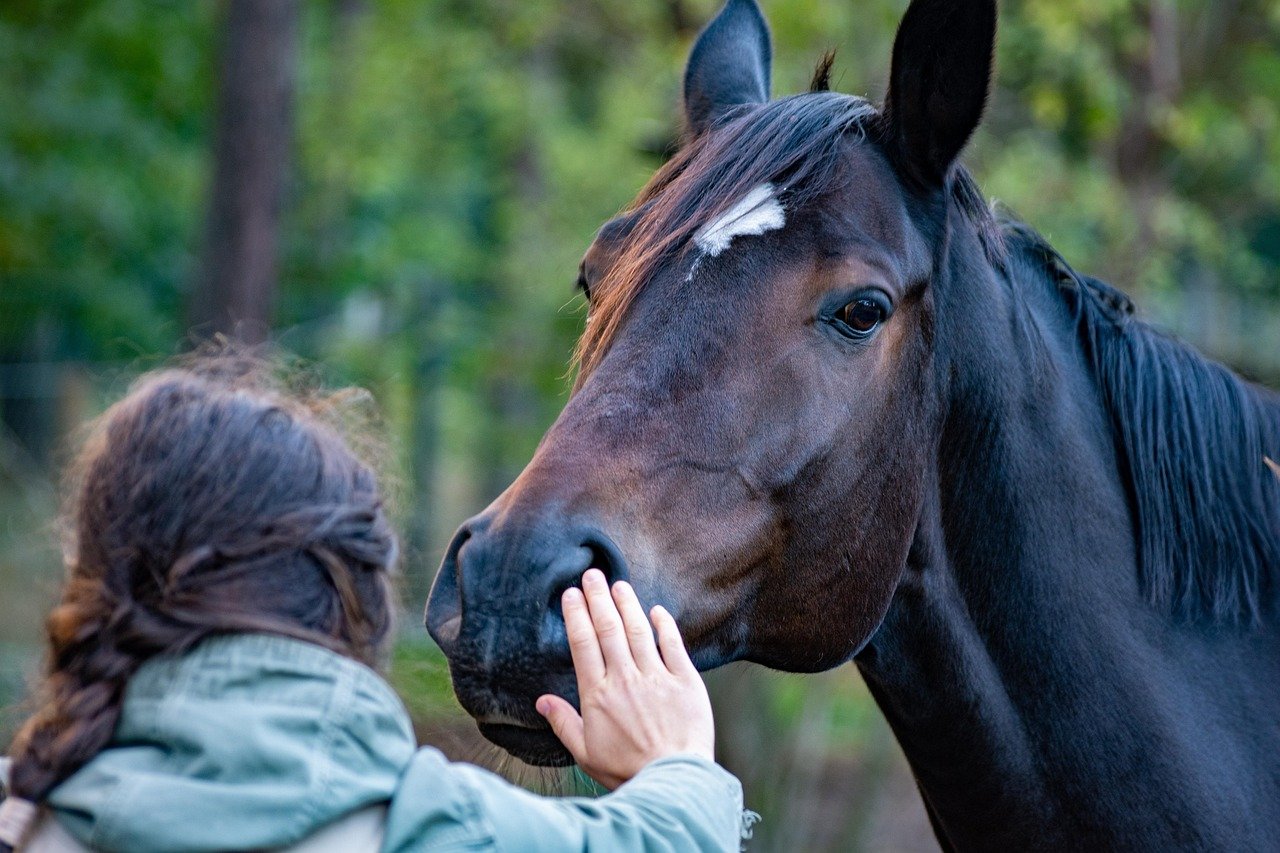
When you’re around horses, your presence matters. Presence is more than just being physically there; it’s about how you carry yourself and the energy you project. Horses are keen observers and can sense when someone is fully present and engaged. A confident presence exudes a calm and assertive energy, which horses find reassuring.
Conversely, a lack of presence can be unsettling for a horse. If your mind is elsewhere or you’re preoccupied with worries, a horse may sense this disconnection and react accordingly. Being present means being in the moment, focusing on the horse, and exuding a steady confidence that can foster trust and cooperation. It’s about creating a harmonious space where both you and the horse feel comfortable and connected.
Vocal Cues and Their Impact
While horses primarily rely on body language, vocal cues also play a role in how they perceive your confidence. The tone, pitch, and volume of your voice can convey a wealth of information. A calm, steady voice can reassure a horse and communicate confidence, while a shaky or high-pitched voice might signal nervousness or uncertainty.
Interestingly, horses can differentiate between different human voices and respond according to the emotions conveyed. Studies have shown that horses react more positively to voices that express calmness and confidence. This demonstrates the importance of being mindful of how we speak to horses, as our vocal cues can significantly influence their behavior and perception of us.
Breathing: The Invisible Signal
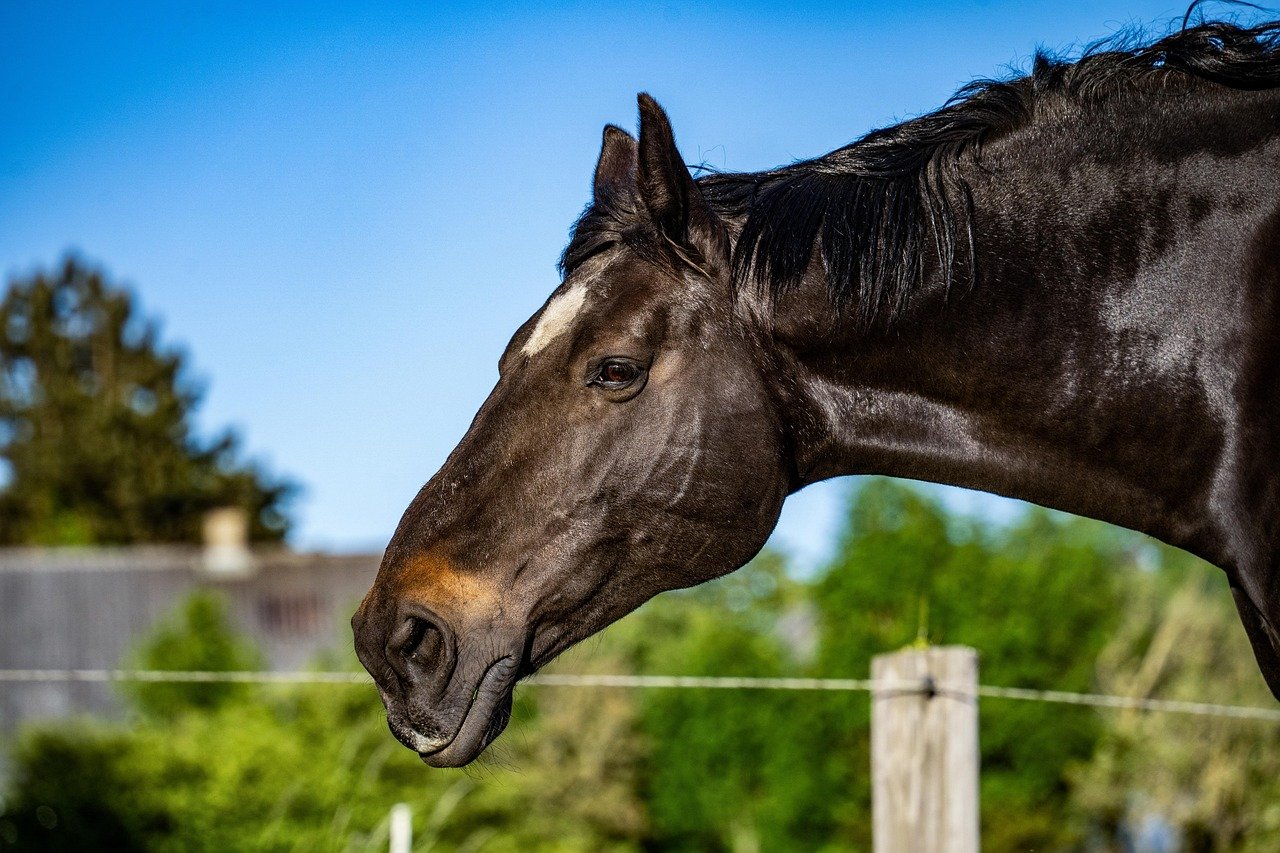
Breathing might seem like a mundane aspect of human physiology, but it plays a crucial role in how horses perceive our confidence. When you’re around a horse, your breathing patterns can send subtle signals about your emotional state. Slow, deep breaths are associated with calmness and confidence, while rapid, shallow breathing may indicate anxiety or fear.
Horses, with their acute sensitivity, can pick up on these breathing patterns and respond accordingly. By consciously controlling your breathing, you can project a sense of calm and confidence that reassures the horse. This simple yet powerful technique can help create a positive interaction, fostering trust and cooperation between you and the horse.
Heart Rate Coherence: A Hidden Connection
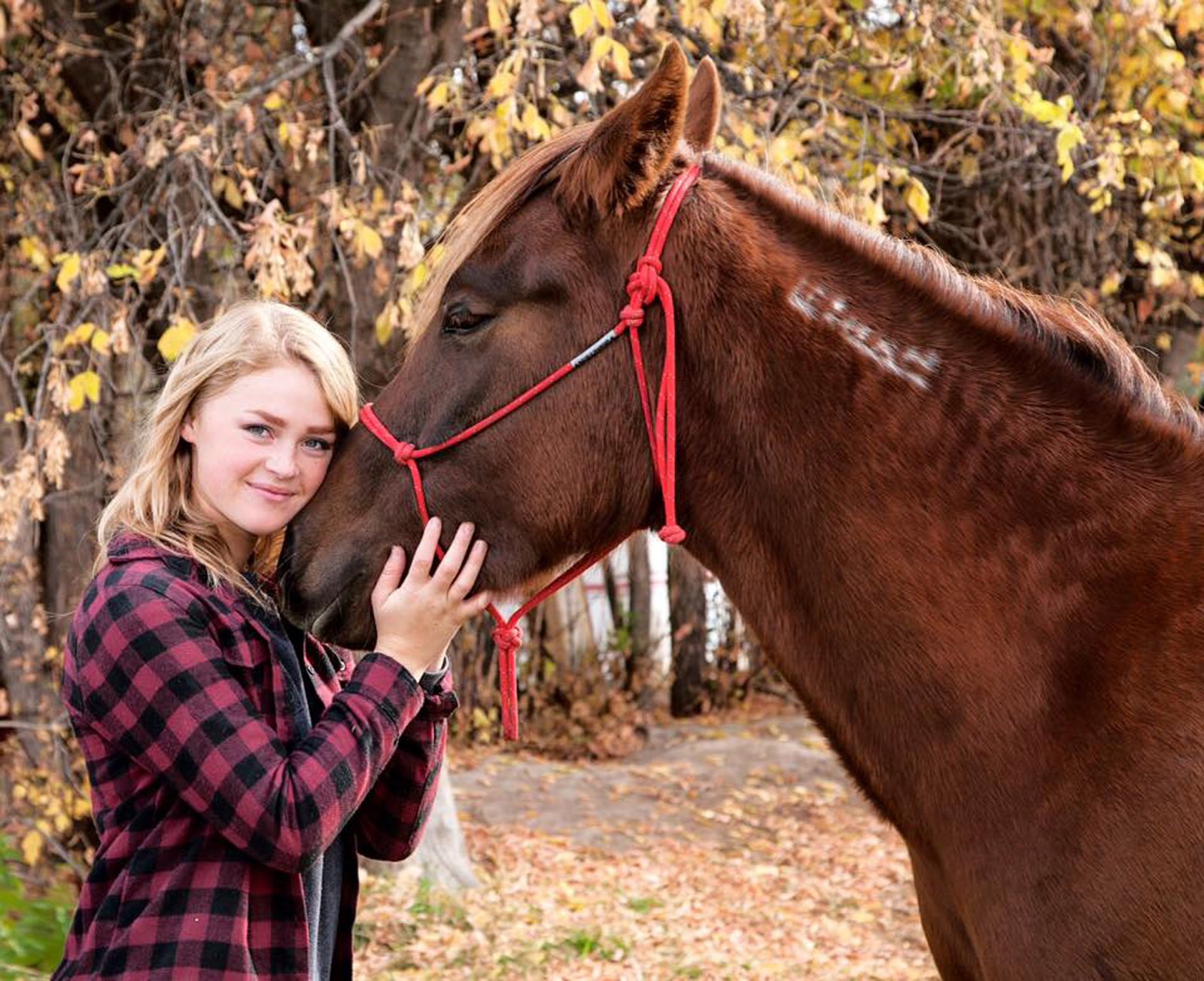
Recent research has explored the fascinating concept of heart rate coherence between humans and horses. Heart rate coherence refers to the synchronization of heart rhythms between two beings, often indicative of emotional connection and harmony. Studies have shown that when humans and horses interact, their heart rates can become synchronized, reflecting a shared emotional state.
This phenomenon suggests that horses can sense and respond to our physiological signals, such as heart rate, which are influenced by our emotional state. When you’re calm and confident, your heart rate tends to be steady, creating a sense of coherence that the horse can perceive. This hidden connection further underscores the profound bond between humans and horses, highlighting the importance of emotional awareness and regulation.
Trust: The Foundation of Confidence
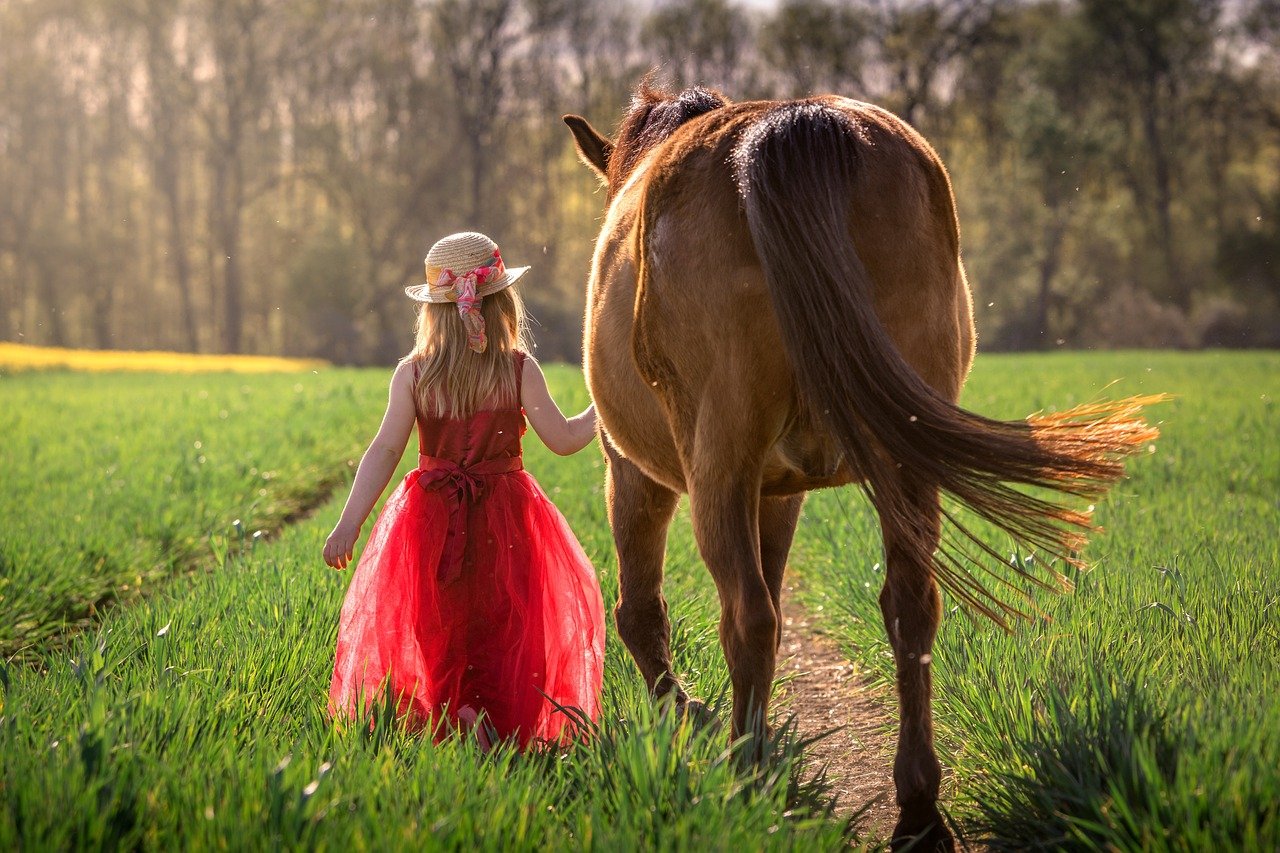
Trust is the cornerstone of any successful relationship with a horse. When a horse trusts you, it is more likely to respond positively to your cues and follow your lead. Building trust requires consistency, patience, and understanding. It’s about creating a safe and supportive environment where the horse feels comfortable and secure.
Confidence plays a vital role in establishing trust. A confident handler exudes a sense of assurance and reliability, which can help the horse feel safe. Conversely, a lack of confidence might make the horse question your intentions and abilities. By fostering trust through confident interactions, you can strengthen your bond with the horse and create a harmonious partnership.
Practice Makes Perfect
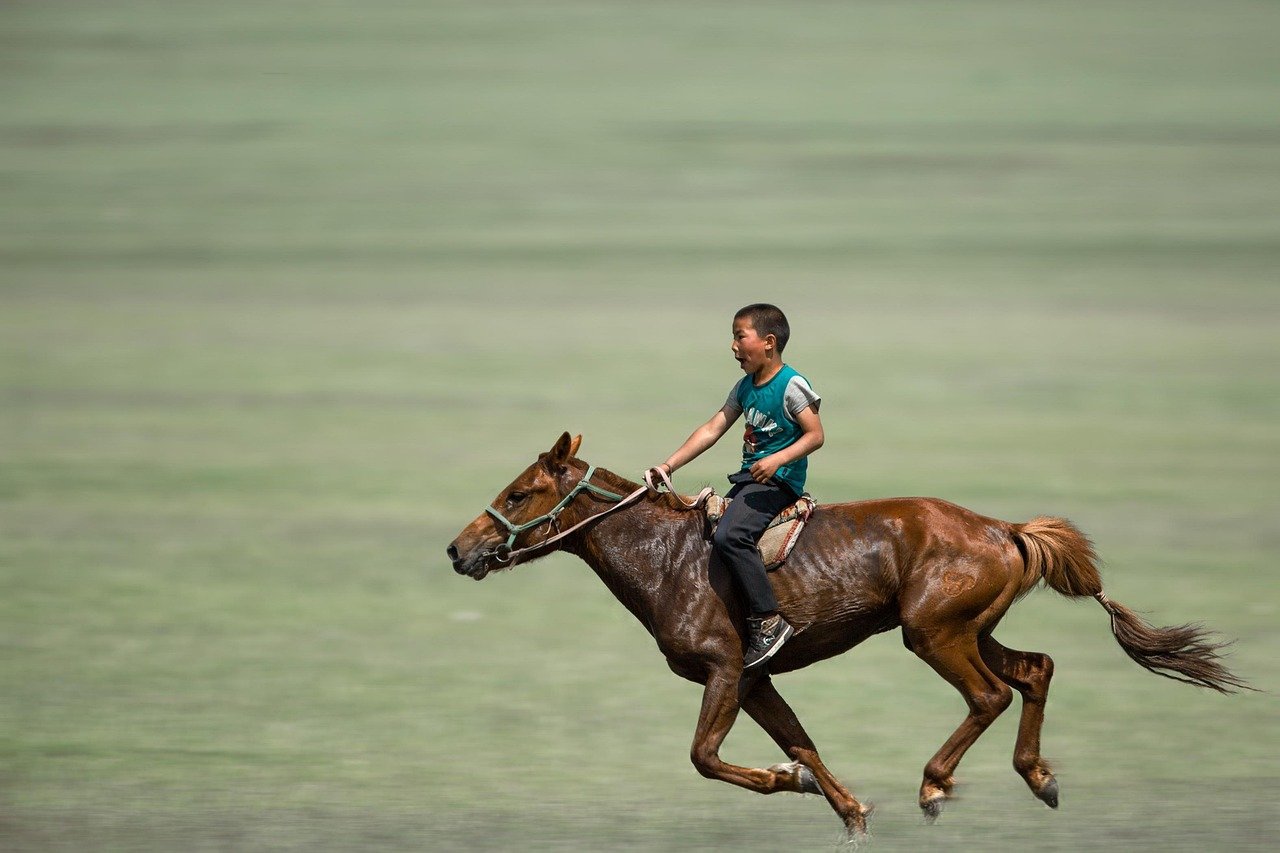
Confidence is not an innate trait; it is something that can be developed and honed over time. Like any skill, building confidence around horses requires practice and experience. The more you interact with horses, the more comfortable and confident you become. It’s about learning from each experience, understanding the nuances of equine behavior, and refining your skills.
As you gain experience, your confidence will naturally grow, reflecting in your interactions with horses. This newfound confidence can enhance your relationship with horses, making your interactions more enjoyable and rewarding. Remember, confidence is a journey, not a destination, and every step you take brings you closer to becoming a more confident and effective horse handler.
In the enchanting world of horses, confidence is a powerful tool that shapes your interactions and relationships. Horses, with their keen senses and intuitive nature, can perceive your confidence level through various cues, from body language to vocal tones. Understanding this dynamic allows you to connect with horses on a deeper level, fostering trust and cooperation. So, next time you’re with a horse, remember the power of your presence and the signals you send. How will you choose to convey your confidence?

